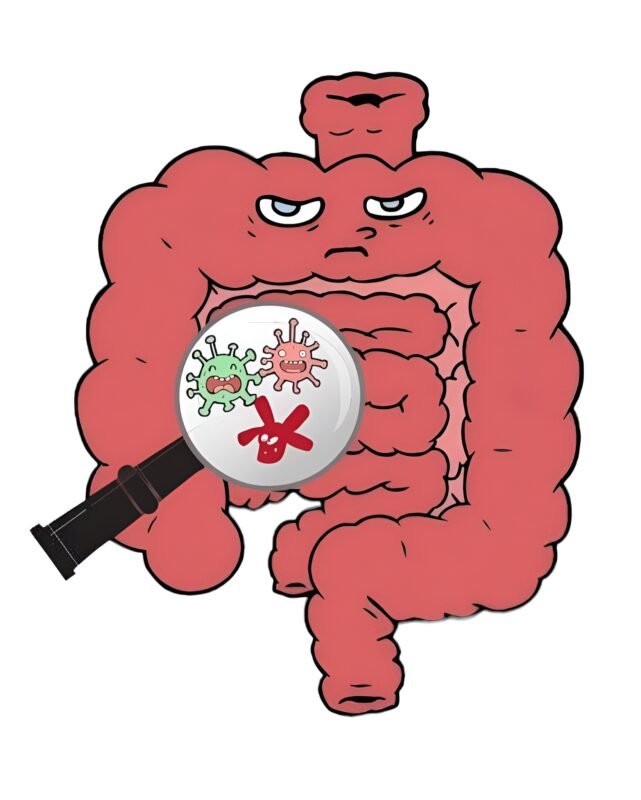Introduction:
Irritable Bowel Syndrome (IBS) is a common gastrointestinal disorder affecting millions worldwide. It is characterized by symptoms such as abdominal pain, bloating, gas, diarrhea, and/or constipation. While the exact cause of IBS remains unclear, factors like diet, stress, gut microbiota imbalance, and altered gut-brain communication are believed to play significant roles. In this blog, we’ll delve into the different types of IBS, explore the benefits of probiotics, and discuss the fascinating gut-brain connection in IBS.
1. Understanding IBS:
IBS is a chronic disorder of the gastrointestinal tract, often diagnosed based on symptom criteria such as the Rome criteria.
Common symptoms include abdominal pain or discomfort, bloating, and changes in bowel habits (diarrhea, constipation, or both).
The exact cause of IBS is not fully understood, but factors like diet, stress, gut motility issues, inflammation, and altered gut microbiota are believed to contribute.
2. Types of IBS:
IBS can be categorized into different subtypes based on predominant bowel habits:
IBS-D (Diarrhea-predominant): Characterized by frequent diarrhea and abdominal pain.
IBS-C (Constipation-predominant): Marked by infrequent bowel movements and difficulty passing stools.
IBS-M (Mixed bowel habits): Involves both diarrhea and constipation, with alternating symptoms.
IBS-U (Unspecified): Symptoms do not fit clearly into any of the above categories.
3. Probiotics Benefits in IBS:
Probiotics are beneficial bacteria that can help restore balance in the gut microbiota.
Studies suggest that certain probiotic strains, such as Bifidobacterium and Lactobacillus species, may alleviate IBS symptoms.
Probiotics may help reduce abdominal pain, bloating, and improve bowel habits in some individuals with IBS.
However, the effectiveness of probiotics can vary depending on the individual and the specific strains used.
4. Gut-Brain Connection in IBS:
The gut-brain axis refers to the bidirectional communication between the gut and the brain, involving neural, hormonal, and immunological pathways.
In IBS, alterations in the gut-brain axis may contribute to symptoms such as abdominal pain, bloating, and changes in bowel habits.
Factors like stress, anxiety, and depression can exacerbate IBS symptoms through effects on the gut-brain axis.
Additionally, disturbances in neurotransmitters, such as serotonin, which plays a crucial role in gut motility and sensation, are implicated in IBS pathophysiology.
Conclusion:
Understanding the different types of IBS, the potential benefits of probiotics, and the intricate gut-brain connection sheds light on the complexity of this condition. While there is no one-size-fits-all approach to managing IBS, addressing diet, stress, and gut health through strategies like probiotic supplementation may offer relief for some individuals. Further research into the underlying mechanisms of IBS and personalized treatment approaches is essential for improving outcomes and quality of life for those affected by this condition.



